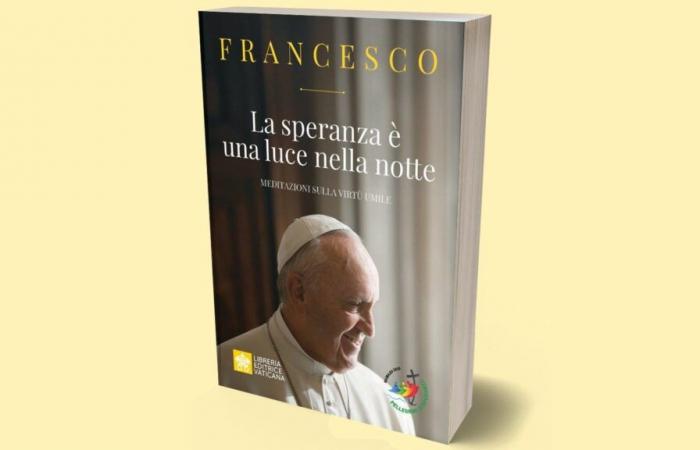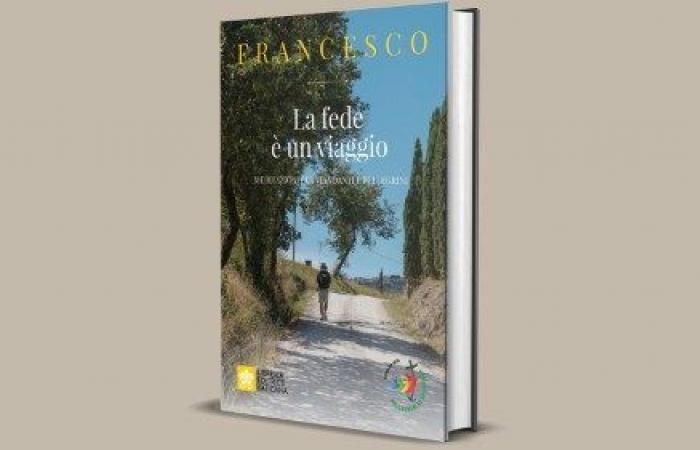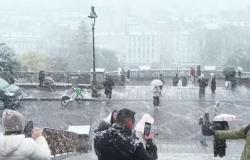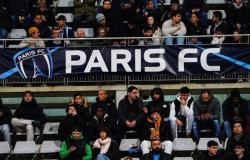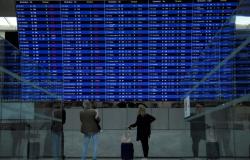Vatican News publishes the full text of Francis' preface to the book “Hope is a Light in the Night,” an anthology of the Pontiff's meditations published by the Libreria Editrice Vaticana on “humble virtue” in view of the Jubilee.
Pope Francis
The Jubilee of 2025, a holy year that I wanted to dedicate to the theme “Pilgrims of Hope”, is a propitious opportunity to reflect on this fundamental and decisive Christian virtue. Especially in a time like the one we live in, where the third world war in pieces that is unfolding before our eyes can lead us to adopt attitudes of dark discouragement and poorly concealed cynicism.
Hope, on the other hand, is a gift and a task for every Christian. It is a gift because it is God who offers it to us. Hoping, in fact, is not a simple act of optimism, as when we sometimes hope to pass a university exam (“Let's hope to succeed”) or we hope for good weather for a walk in the countryside on a Sunday spring (“Let’s hope the weather is nice”). No, to hope is to wait for something that is already given to us: salvation in the eternal and infinite love of God. This love, this salvation which gives flavor to our life and which constitutes the hinge on which the world remains standing, despite all the wickedness and turpitude caused by our sins as men and women. To hope is therefore to welcome this gift that God offers us every day. To hope is to savor the wonder of being loved, sought after, desired by a God who did not lock himself away in his impenetrable heavens, but who became flesh and blood, history and days, to share our fate .
Hope is also a task that Christians have the duty to cultivate and put to good use for the good of all their brothers and sisters. It is about remaining faithful to the gift received, as rightly pointed out by Madeleine Delbrêl, a 20th century Frenchwoman who knew how to bring the Gospel to the geographical and existential peripheries of Paris in the middle of the last century, marked by dechristianization. Madeleine Delbrêl wrote: “Christian hope gives us as a place this narrow crest line, this border where our vocation requires that we choose, every day and every hour, to be faithful to God's faithfulness for us”. God is faithful to us, our task is to respond to this faithfulness. But be careful: this fidelity is not we who generate it, it is a gift from God who acts in us if we allow ourselves to be modeled by his power of love, the Holy Spirit who acts like a breath of God. inspiration in our hearts. It is therefore up to us to invoke this gift: “Lord, grant me to be faithful to you in hope”.
I said that hope is a gift from God and a task for Christians. And living hope requires “mysticism of open eyes”, as the great theologian Joseph-Baptiste Metz called it: knowing how to discern everywhere the proofs of hope, the irruption of the possible in the impossible, grace where it would seem that sin has eroded all confidence. Some time ago, I had the opportunity to dialogue with two exceptional witnesses of hope, two fathers: one Israeli, Rami, the other Palestinian, Bassam. Both lost their daughters in the conflict that has bloodied the Holy Land for too many decades. However, in the name of their pain, of the suffering felt at the death of their two little daughters – Smadar and Abir – they became friends, even brothers: they experience forgiveness and reconciliation as a concrete, prophetic and authentic gesture. Their meeting brought me a lot, a lot of hope. Their friendship and brotherhood taught me that hatred, concretely, may not have the last word. The reconciliation that they experience individually, a prophecy of a broader and more extensive reconciliation, is an invincible sign of hope. And hope opens us to unthinkable horizons.
I invite each reader of this text to make a simple but concrete gesture: in the evening, before going to bed, by reviewing the events you have experienced and the encounters you have had, go looking for a sign of hope in the day that has just passed. A smile from someone you didn't expect, an act of kindness observed at school, a kindness encountered in the workplace, a gesture of help, even minimal: hope is indeed a “childhood virtue”as Charles Péguy wrote. And we must become children again, with their astonished look at the world, to meet it, know it and appreciate it. Let us train ourselves to recognize hope. We can then marvel at the good that exists in the world. And our hearts will light up with hope. We can then be beacons of the future for those around us.
Vatican City, October 2, 2024

